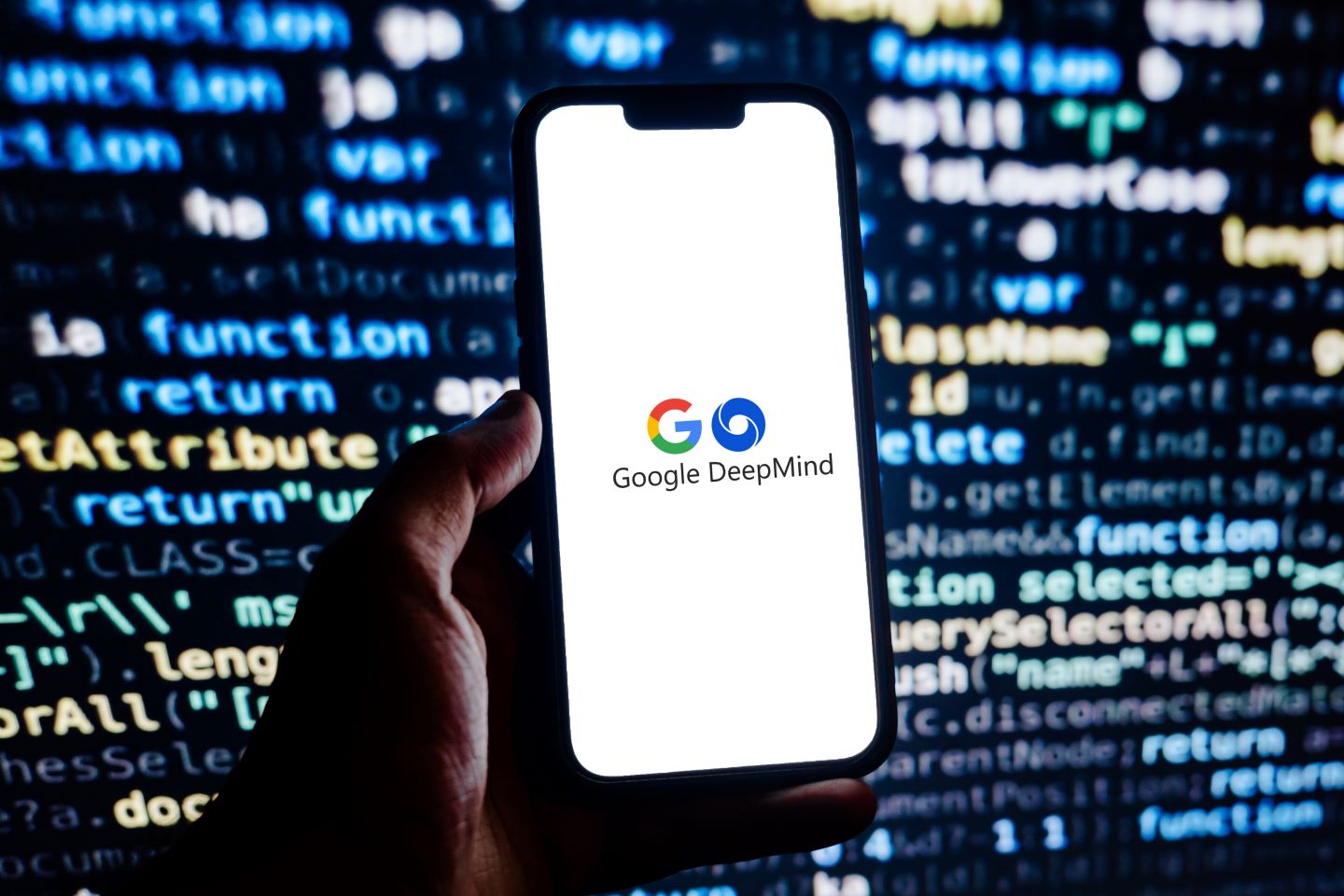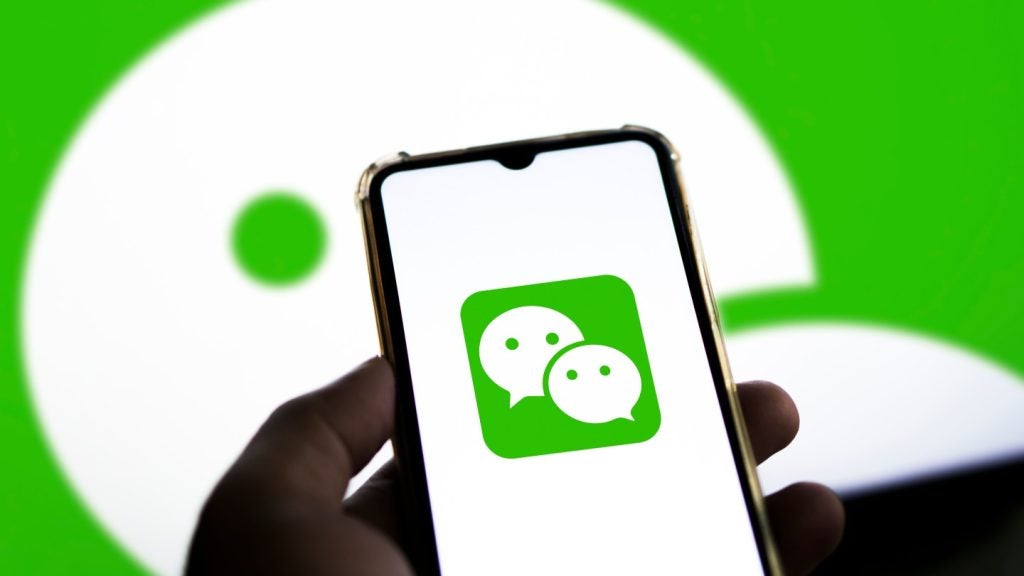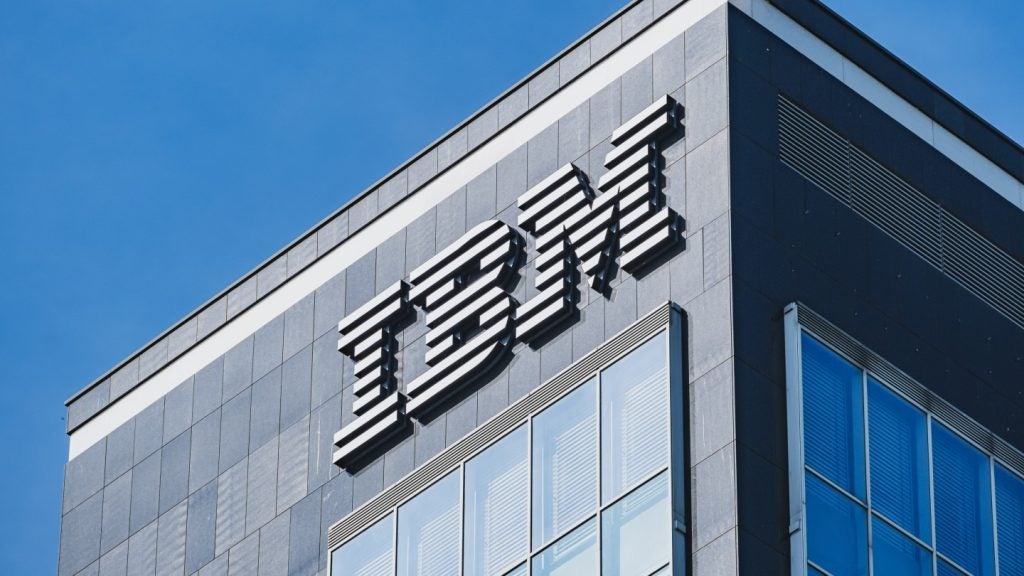
Google DeepMind has released its largest AI model yet named Gemini, which it describes as the most “capable and general model” the company has ever released.
Gemini is a multimodal AI tool that can understand and summarise large amounts of text, code and audiovisual information.
Google has released Gemini in three sizes for different tasks: Gemini Ultra, the largest of the three models which it states is best suited for complex tasks, Gemini Pro a medium model for scaling across a variety of smaller tasks, and Gemini Nano which is the smallest of the three models and is optimised for use on devices.
Google stated that its Gemini Ultra model outperformed humans in its language comprehension testing.
Achieving a score of 90%, Gemini Ultra surpassed humans in a MMLU (massive multitask language understanding) study which tests the model’s understanding of over 50 subjects including physics, maths, history and law.
When tested against other AI models, Google stated that Gemini had outperformed or matched OpenAI’s GPT-4 in language understanding and the quality of response generation.
How well do you really know your competitors?
Access the most comprehensive Company Profiles on the market, powered by GlobalData. Save hours of research. Gain competitive edge.

Thank you!
Your download email will arrive shortly
Not ready to buy yet? Download a free sample
We are confident about the unique quality of our Company Profiles. However, we want you to make the most beneficial decision for your business, so we offer a free sample that you can download by submitting the below form
By GlobalDataGoogle parent company Alphabet CEO, Sundar Pichai, commented on the landmark release of Gemini.
“AI has the potential to create opportunities for people everywhere,” he said, “… That’s what excites me: the chance to make AI helpful for everyone, everywhere in the world.”
Pichai stated that he was excited for the future of Gemini models and confirmed that the project was the biggest science and engineering projects that Google had worked on.
“This is incredible momentum, and yet, we’re only beginning to scratch the surface of what’s possible,” Pichai said.
Gemini is already powering Google’s products.
Google’s large language model (LLM) Bard is now powered by Gemini Pro and users with Google’s smartphone Pixel 8 Pro will soon have access to new features, including an auto-summarisation feature, thanks to Gemini Nano.
Google also reaffirmed its commitment to AI safety upon Gemini’s release.
The company’s Gemini models had the most comprehensive safety testing of any AI tool Google has created to date it claimed and potential risk areas such as AI persuasion and autonomy have received new research from Google’s in-house safety team.
Google’s safety team created a new testing system to measure these potential threats, the paper containing this can be found here.
From the viral release of OpenAI’s ChatGPT in November 2022, businesses across every sector have been racing to incorporate AI into their workflows. Accuracy, however, remains the one major hurdle for this incorporation.
Hallucinations, or generated responses that are factually incorrect, have been a major setback for AI’s potential use cases.
AI is now no longer a race of deployment, but also a race towards accuracy.
According to its second edition executive briefing on AI, research company GlobalData predicts that 99% accurate AI models could be achieved as early as the next ten years.
However, estimates vary given the unpredictable nature of machine learning development. So, whilst 99% accuracy could be possible in the next decade, GlobalData affirms that it could take as long as 30 years to reach this milestone.







